Legacy isn’t just about wealth. It’s the footprint we leave, a testament to our life’s work, values, and the love for our family. It’s about making sure that when we’re not around, we continue to provide for and protect the ones we hold dear. It’s a concept rich with emotion and importance, resonating through generations.
Life, in its beauty, comes with no guarantees. The unpredictable nature of our existence makes it not just wise but essential to plan ahead.
And that’s where estate planning steps in. Not as just a legal formality, but a tool in safeguarding the future we envision for our loved ones.
Estate planning is more than a will. It’s a comprehensive approach to ensuring your wishes are honored, your family’s needs are met, and your legacy is secure. It’s about making informed decisions today that will speak for you when you no longer can.
At Arena Collective, we understand the weight of these decisions and the hope they carry. Let us take this journey with you, turning uncertainty into security, and aspirations into assurances for your family’s tomorrow.
What Is Estate Planning?
Estate planning might sound complex, but at its core, it’s about setting the stage for your family’s well-being when you’re not around. It’s the process of organizing your affairs so that your assets—big or small—are distributed exactly how you want them to be.
The goals are straightforward: protect your loved ones and ensure your wishes are carried out. And perhaps even leave a mark that helps your family for generations to come.
It’s also about peace of mind. It’s knowing that you’ve done all you can to make things easier for your family when you pass on.

The Key Elements of an Effective Estate Plan
The foundation of a solid estate plan lies in understanding and carefully assembling its critical elements. Each piece serves a distinct purpose, fitting together to safeguard what you’ve built and ensure it’s passed on as you wish. Let’s look into these essential components:
- The Will: While there are several types of wills, this refers to a simple will, which is often the cornerstone of an estate plan. A will specifies how you want your assets divided and who will become the guardian of any minor children. Without it, the state decides these matters for you.
- Trusts: Trusts offer a high degree of control over when and how your assets are distributed. They can minimize estate taxes, protect your estate from creditors and lawsuits, and provide for family members.
- Durable Power of Attorney (POA): This document allows you to appoint someone to manage your affairs, if incapacitated. It’s a safety net, ensuring someone you trust can keep your affairs in order without court intervention.
- Healthcare Power of Attorney: Also known as a healthcare proxy, this designates a representative to make medical decisions on your behalf.
- Living Will: This details your wishes regarding life-prolonging medical treatments. It guides your healthcare proxy in making decisions that align with your values and desires.
- Beneficiary Designations: Often overlooked, these designations on life insurance policies, retirement accounts, and other financial assets are critical. They dictate who receives these assets, bypassing the probate process, and often supersede instructions in a will.
Each of these elements plays an integral role in an effective estate plan.
Estate Planning and Your Financial Legacy
Estate planning is more than just delegating where your possessions go. It’s a strategic process that ensures your assets are managed and protected, even after you’re gone. It’s about making smart moves now to minimize taxes, avoid probate, and make sure your beneficiaries receive what you intend for them to have.
One key strategy is to correctly structure your estate to take advantage of tax breaks and exemptions. For instance, gifting assets while you’re alive can significantly reduce the taxable estate and the burden on your beneficiaries. Trusts can also be pivotal, as they often allow your heirs to bypass the public and costly probate process. They provide a direct and often tax-efficient transfer of assets.
Another aspect is designating beneficiaries on your retirement accounts and life insurance policies. This simple act ensures that these funds go directly to your intended recipients without being tied up in legal processes.
By being proactive with your estate planning, you’re not just protecting your wealth; you’re ensuring that your financial legacy reaches the next generation as intact as possible.
Beyond Finances: Healthcare Directives and Power of Attorney
Estate planning isn’t solely about your assets; it’s also about ensuring decisions regarding your health and personal care reflect your wishes, especially if you’re unable to communicate them. This is where healthcare directives and durable powers of attorney become invaluable.
A healthcare directive, or living will, communicates your wishes regarding medical treatments you would or would not want to be used to keep you alive, as well as other decisions such as pain management or organ donation. This document speaks for you when you can’t speak for yourself, removing the burden of these tough decisions from your loved ones.
Similarly, a durable power of attorney for healthcare designates someone to make medical decisions on your behalf. This is different from the general durable power of attorney, which covers financial and administrative affairs. This person becomes your voice for medical care when you’re unable to voice your preferences.
These non-financial directives are a critical aspect of a comprehensive estate plan, ensuring that all facets of your well-being are considered and respected. They grant peace of mind to both you and your loved ones, knowing that your personal wishes will be honored, no matter what the future holds.

The Role of Trusts in Estate Planning
When it comes to estate planning, trusts are powerful tools that can serve a variety of purposes, from managing assets to protecting your legacy for future generations. Understanding the different types of trusts is crucial in determining the best way to incorporate them into your estate plan.
A revocable living trust, for instance, allows you to maintain control over your assets while you’re alive and dictates how they’re distributed after your death. This type of trust can be altered as your circumstances change. On the other hand, an irrevocable trust, once established, generally cannot be modified, offering a higher level of asset protection and potential tax benefits.
Trusts can also be tailored for specific purposes. Special needs trusts are designed to provide for a loved one with disabilities without jeopardizing their eligibility for government benefits. Spendthrift trusts protect your heirs from their own potential recklessness with money, and charitable trusts allow you to contribute to charitable organizations in a tax-efficient manner.
Incorporating trusts into your estate plan can ensure that your assets are managed according to your wishes across generations. They provide long-term security and protection for those you care about the most.
Estate Planning for Business Owners
For business owners, estate planning takes on another layer of complexity. Not only do you have to plan for the distribution of your personal assets, but you also have to consider the future of your business. The key is succession planning, which involves deciding who will take over in the event of your retirement, disability, or death.
This involves valuing your business accurately to ensure there’s a plan for any estate taxes that will need to be paid. This can prevent the need to sell the business or assets hastily to cover these costs.
Life insurance policies can be structured to provide the necessary funds to keep the business afloat during the transition. Also, buy-sell agreements can be established to outline the terms under which business shares can be sold or who can buy them.
Furthermore, a well-crafted estate plan for a business owner should address how the business interests are held. Whether through a family limited partnership, corporation, or LLC—and how these interests are transferred. This ensures that your life’s work continues to thrive and supports your family, according to your vision.
Preparing for the Future: Steps to Take Now
Estate planning might seem daunting, but taking the right steps now can save you and your family from complications in the future. Start by taking stock of your assets and thinking about your wishes for their distribution. Discuss your goals with loved ones to ensure that your plans align with their needs and expectations.
Next, establish a relationship with trusted estate planning professionals. This could be an attorney, a financial advisor, or a tax expert. Someone who understands the nuances of estate law and can provide personalized advice. Together, you can begin drafting the essential documents, such as your will, trusts, healthcare directives, and power of attorney.
Don’t forget to review and update your plan regularly. Especially after major life events like marriage, the birth of a child, or the purchase of significant assets. Estate planning is not a one-time task; it’s an ongoing process that must evolve as your life does.
Final Thoughts
Estate planning is more than just a legal task; it’s a crucial step in ensuring your legacy and your family’s future. It’s about making sure your loved ones are cared for, your business continues to thrive, and your wishes are honored. By taking control of your estate planning now, you can create a lasting impact that transcends generations.
At Arena Collective, we understand the weight and significance of these decisions. Our dedicated team is ready to guide you through each step, ensuring that your estate plan reflects your values and goals.
Don’t leave your family’s future to chance. Contact us today to begin crafting an estate plan that secures your legacy and gives you peace of mind.
Our experts are on hand to offer comprehensive advice tailored to your unique situation. Start your journey towards a secure future by scheduling a consultation with us. Your legacy is our commitment.



